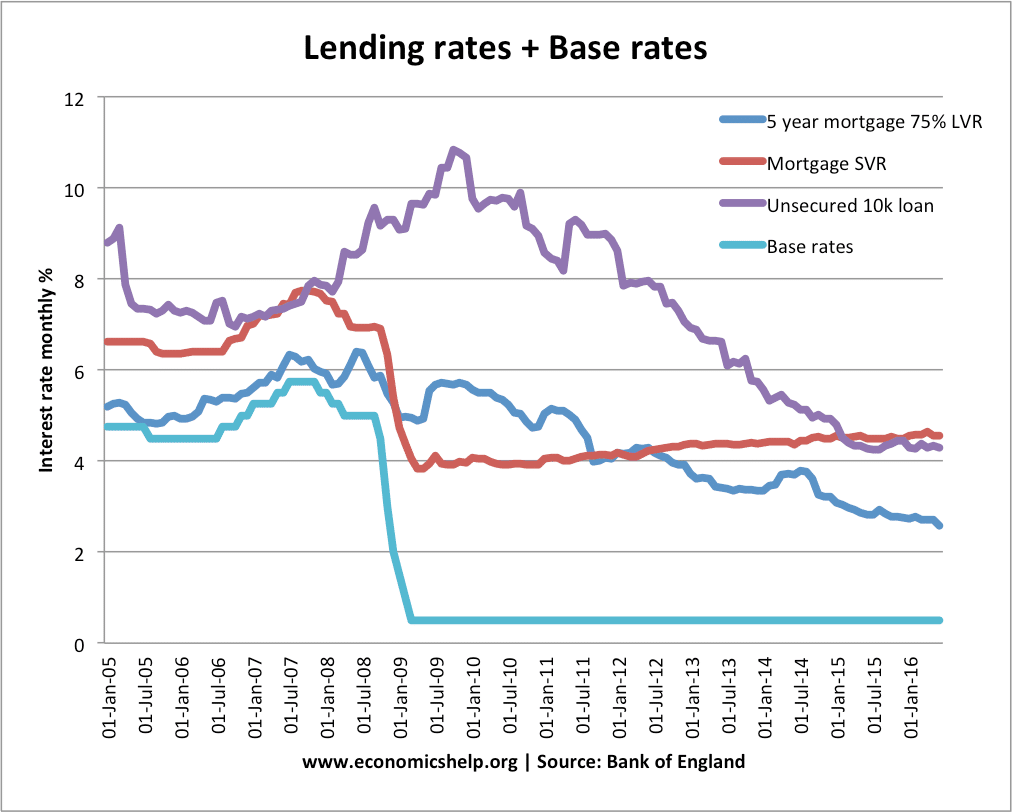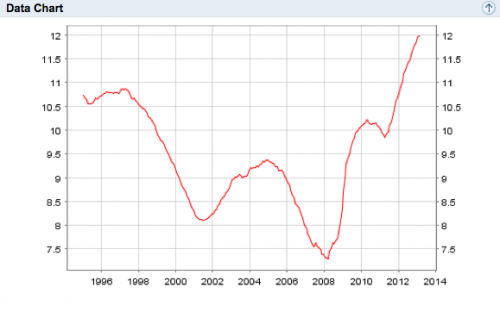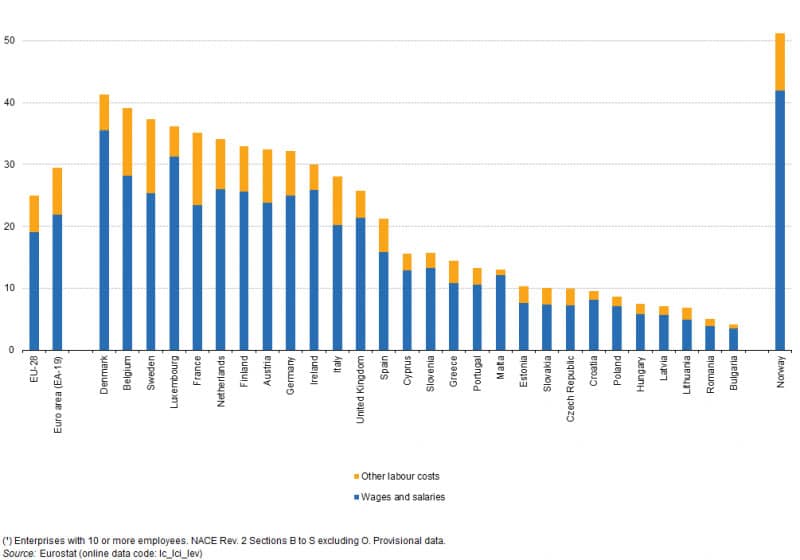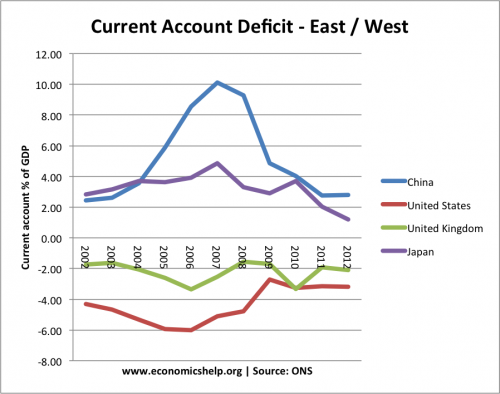Securitisation involves changing loans into tradeable bonds.
Securitisation can increase the liquidity of banks and enable banks to engage in more lending than previously.
Securitisation was a factor in the credit crunch because it enabled banks to lend more than usual. When there was a shortage of credit in the banking system, banks became over-exposed and faced a shortage of cash (liquidity)
The difference between loans and bonds.
Loans are viewed as assets on a banks balance sheet. Loans cannot generally be sold on or traded. Bonds can be traded and sold to other financial institutions.
What is involved in the process of securitisation?
Any asset with a predictable income stream can be securitised, e.g. mortgage loans have a predicted income stream from the mortgage repayments over the term of the mortgage.
A financial institution (often called Special Purpose Vehicle SPV) sells bonds to investors and uses the proceeds of these bond sales to buy the loans off the bank.
- The bank gains cash from the sale of its loan assets.
- Investors gain a bond and the promise of income from the bonds. (e.g. bondholders will effectively gain income from the mortgage repayments)
- The intermediary makes money from selling bonds at a higher price than the cost of buying the loan bundles
- Customers who took out loans from the bank won’t notice any difference. They still make their loan repayments to the bank. It is just that now, the bank doesn’t have the loans on its balance sheet. And as soon as the bank receives loan repayment, it passes it onto the SPV.
Why do banks want to pursue securitisation?
Banks have to keep a certain percentage of deposits in cash (liquid). This is to ensure the banks can repay savers who wish to withdraw their deposits at any moment from the bank. (If a bank couldn’t meet depositors demands for cash, it could cause a run on the banks and a loss of confidence.
Keeping a certain percentage of deposits in cash reduces profitability of a bank. Because a bank can’t lend this money gaining fees and a higher interest rate on the loan. Instead, they have to keep cash which earns nothing.
However, if a bank securitises its loans into bonds, the loans are no longer on its balance sheet (it could be described as off-balance sheet finance)
The bank has exchanged loans for cash. With this cash, it can now lend more, making more profitability.
The problem with securitisation
Securitisation enables banks to effectively lend a higher percentage of their deposits. This was fine when market conditions were good. However, there were two major problems.
In the US, customers began defaulting on mortgage repayments. Therefore, banks didn’t have income to pass onto SPVs and onto bondholders.
Previously secure mortgage bonds became worthless and so investors lost money. This led to a shortage of liquidity. No one wanted to lend. But, banks which had lent more than usual now faced real capital shortages. They couldn’t raise money by selling bonds to meet deposit requirements. This was a significant factor in the credit crunch.
Note: the primary cause of credit crunch was the large scale defaults on sub-prime mortgages. But, the process of securitisation meant that many banks and financial institutions lost money indirectly, and banks were much more exposed to these failed mortgage repayments.




